
Is it better to avoid fresh fruit at the end of a meal because it can make you gain weight or cause bloating? Does a small glass of grappa or amaro at the end of a larger-than-usual lunch help us digest better? In the field of nutrition, we hear and read everything and the opposite of everything, and to shed light on this issue, we asked Dr. Simone Gabrielli, biologist and nutritionist, for clarification.
Between half-truths and some fake news, let's discover together which foods to avoid (and which to indulge in) at the end of our main meals. Not because they're ‘poisonous, experts point out, but because they risk slowing down digestion or adding unnecessary calories.
1. Fresh and Dried Fruit
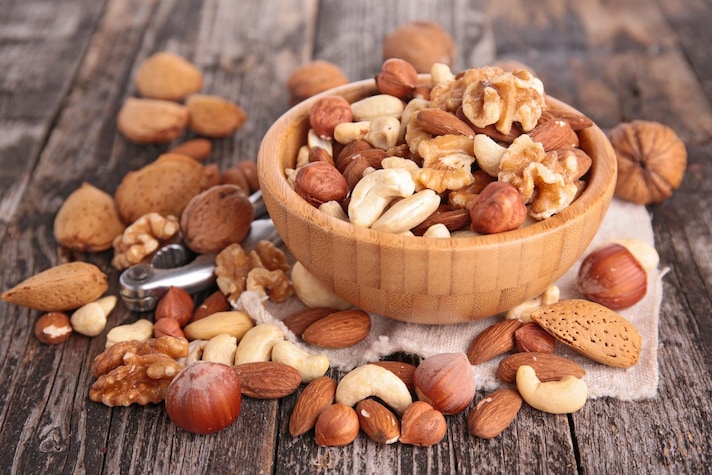
We're talking about oilseeds, such as walnuts, almonds, and hazelnuts, and dried and dehydrated fruit, such as dried figs, prunes, dates, and apricots. Nutritionally different—the former are rich in fats and the latter in simple sugars—these foods shouldn't be stigmatized, but simply contextualized in the best possible way. Dried fruit, for example, an essential source of vitamin E, mineral salts, and omega-3 and omega-6 fatty acids, can be an excellent mid-morning or afternoon snack: it's in fact highly satiating.
Dried fruit, on the other hand, contains a very concentrated amount of carbohydrates and can be an excellent pre-workout snack, especially when the time between the snack and the workout is less than an hour: in that case, we need simple sugars that are ready to use and easily absorbed. Fresh fruit is always better, more filling and hydrating thanks to its water and micronutrient content, but occasionally, as a substitute, you can indulge in 2-3 pieces of fruit.
Some people claim that fresh fruit eaten during or after a meal slows digestion and causes intestinal gas. This is incorrect: unless there are any specific health concerns or if you don't overindulge in it, mistakenly believing it won't harm you or make you gain weight, it can be consumed without any worries.
2. Cheeses
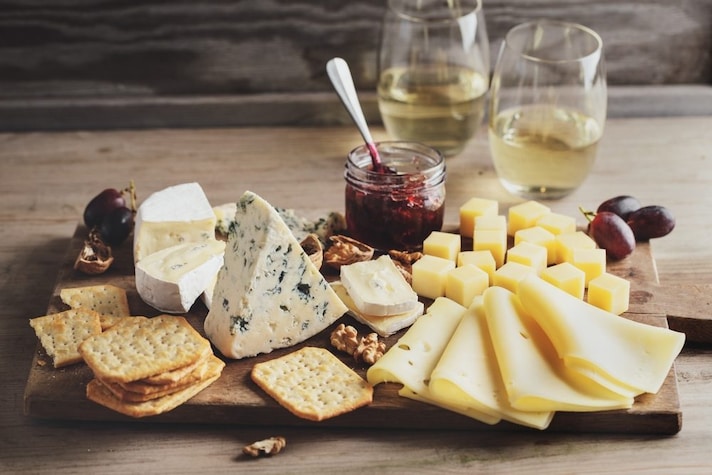
Eating cheese at the end of a meal, without considering it a true main dish. Cheeses are delicious, no doubt about it, but at the end of a meal they're not the best choice: they add fat, calories, and in some cases, even a lot of salt.
Adding cheese to an already complete meal can unbalance it and make it even heavier. If you love these foods, consider them a main course in their own right and replace them with another protein source: enjoy them 2-3 times a week (guidelines suggest a portion of about 50 grams for aged cheeses and 100 grams for low-fat cheeses), varying the types, choosing high-quality ones, and always favoring the less aged ones, which are higher in saturated fat.
3. Fried Foods
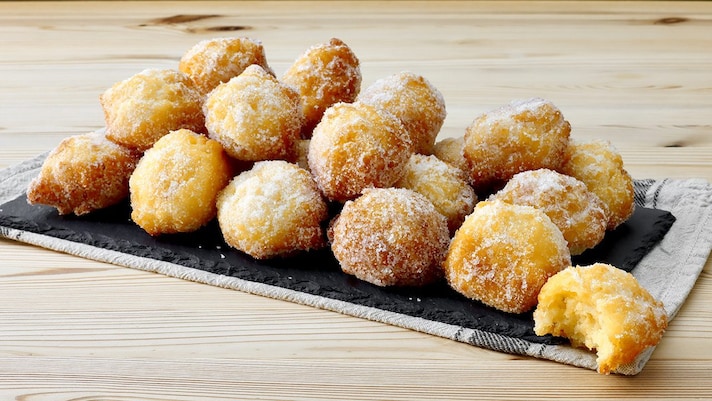
A serving of French fries, to accompany a classic meat burger, or a fried sweet treat, a worthy conclusion to a festive meal, are among the undeniable pleasures of our lives. Thanks to the fats and starches, and that irresistible, crispy texture, they give the palate a true sensation of pleasure and bliss.
Fried foods, whether sweet or savory, are among the heaviest foods to handle after a meal because they're loaded with oil, which naturally makes them slower to digest. The feeling of heaviness, bloating, or drowsiness we often experience after eating fried foods is due precisely to the high fat content, which slows stomach emptying.
It's best to avoid adding extra fat and carbohydrates to an already complete meal, which, in addition to exposing us to the risk of increased cholesterol, triglycerides, and blood pressure, raises the glycemic load. Besides adding a lot of calories, fried foods can encourage you to eat more than you need because they're so appetizing. That's why it's best to indulge in them every now and then, as a treat in and of themselves.
4. Ice Cream
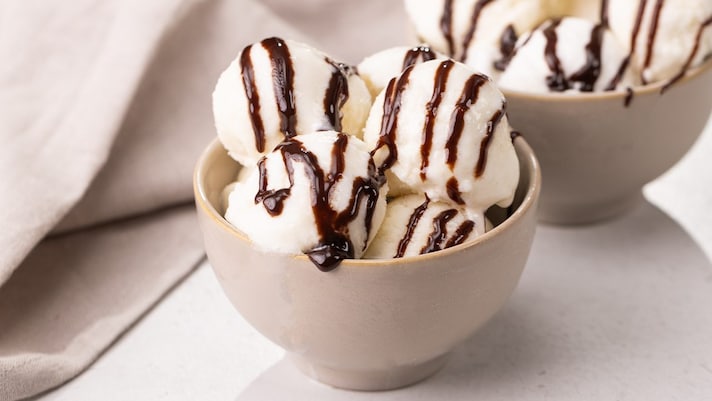
Especially during the summer months, treating yourself to a delicious ice cream, perhaps on the beach or while strolling through the city streets, is a delightful ritual no one wants to give up. And who are we to demonize it? Ice cream, as already reiterated in this article, doesn't make you gain weight in and of itself (like no other food): what matters is how often you consume it, how you consume it, and your lifestyle, metabolic flexibility, and the amount of physical activity you perform.
That said, let's indulge in it with the right awareness, but avoid turning it into a daily ritual. If we're talking about the packaged kind, after lunch or dinner it risks turning the meal into a calorie bomb. It's not forbidden, of course, but it's better to move it to a snack, suggest experts. If, on the other hand, you occasionally indulge in a scoop of artisanal ice cream at the end of lunch, it's certainly not a problem.
5. Alcohol

Despite the mistaken belief that alcohol helps us digest – especially widespread in Mediterranean countries where the tradition of amari and digestives is well-established – this substance can actually cause the opposite effect, that is, slowing down the digestive process and irritating the stomach, increasing the production of gastric acid.
Where does this false myth come from? Probably from its vasodilatory effect, which can provide a feeling of momentary relief or relaxation, and from the fact that some of these liqueurs, containing medicinal herbs and bitter principles (such as gentian or cinchona), actually stimulate the production of gastric juices: in these cases, it is the herb that is effective, not the alcohol itself.
It's better to avoid alcohol as a ‘killer', rather than indulge in it every now and then, in moderation and perhaps away from main meals, finally suggests our nutritionist.
6. Coffee
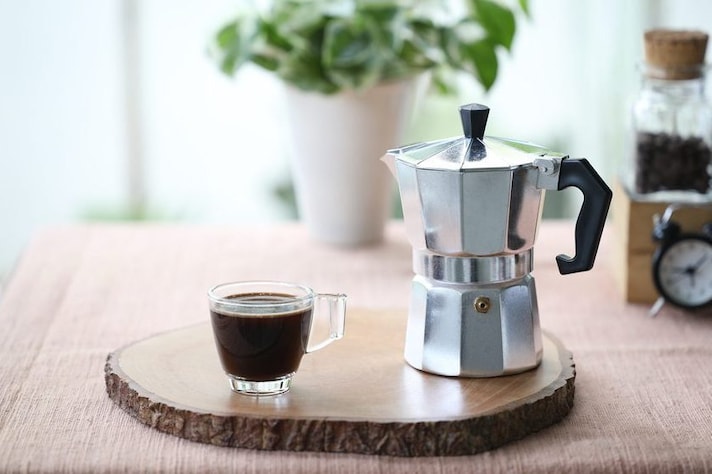
Bitter or lightly sugared, a beloved cup of espresso, after a normal meal, doesn't cause any problems. In fact, it can stimulate digestion. The only advice is not to overdo it with sugar: a teaspoon is fine, the important thing is not to overdo it.
If you suffer from heartburn or have gastrointestinal problems, however, the advice would be to avoid it altogether: the caffeine and acids in coffee lead to an exacerbation of stomach pain, creating worsening digestion, reflux, ulcers and heartburn.
;Resize,width=767;)
